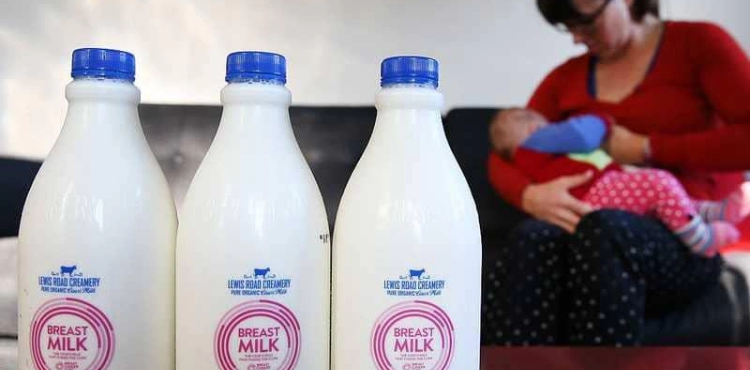London _ Agencies
Despite the existence of pasteurized milk banks for children, affiliated with the National Health Service of Britain, many mothers are beginning to use social media networks for a more effective and efficient system.
"I felt proud while watching a woman leave my house with a bag full of milk from me after my trip with breastfeeding," says Ruby Abez, in an article published by the British newspaper The Guardian Tuesday.
She later heard about the sharing of milk in Facebook via the page (human milk for human Bebez), an unofficial group of mothers to share with other mothers whose children need to milk.
Abiz wrote on the page about her desire to donate her milk after her baby faced problems in breastfeeding her breast, and she was surprised by the number of messages he had from women who wanted to collect milk.
One of the mothers on the page expressed her pleasure in the experiment and said she donated her milk to about 30 children. The page is very popular with mothers, with an estimated 80,000 participants.
The first official milk bank was inaugurated in Britain in 1939, at Queen Charlotte Hospital in London, and was designated for the collection, processing and distribution of donated milk for sick children.
In the 1950s, more milk banks were opened in British hospitals, and in the Eighties infants were fed to a large extent in hospitals from donations milk.
However, the development of synthetic milk, which has spread widely, has resulted in a lack of maternal milk donation, and the HIV/AIDS crisis has almost completely killed the milk banks in Britain, because the infection can be carried in the mother´s milk.
Now, social media has fostered a revival of the experience of breast milk sharing, where women can communicate with each other via Facebook groups for this purpose.
Although access to milk from other mothers is legal in Britain and elsewhere in the world, it is not ideal, as many bacteria and diseases may spread to the child through milk.












